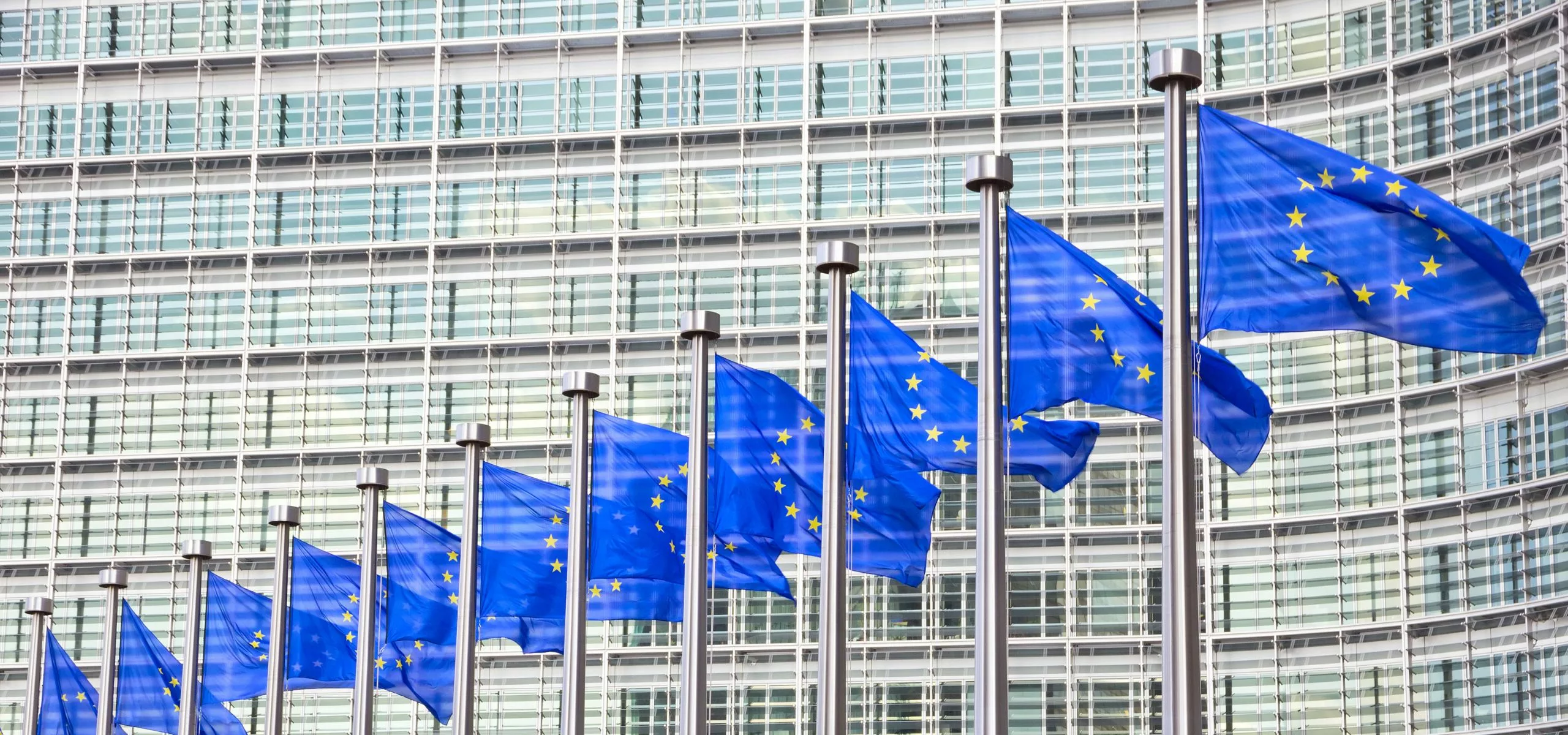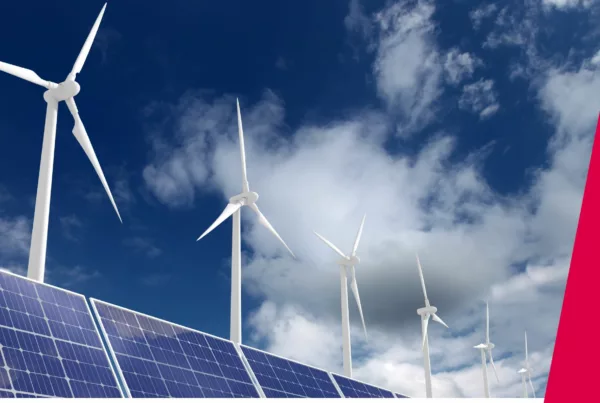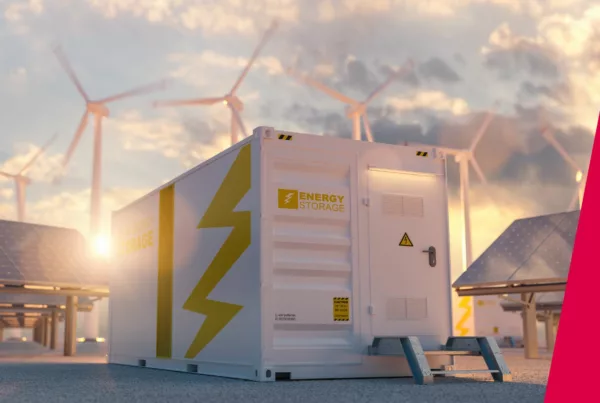Efforts to achieve a more sustainable future have intensified significantly within the European Union with the adoption of the revised Energy Efficiency Directive on 10 October 2023. EU Member States now have a two-year window in which to transpose various elements of the directive into their national laws. The release of the ‘recast’ directive will transform Energy Management across Europe, now and over the next number of years, creating new opportunities and challenges for Energy Managers.
Firstly, what is the Energy Efficiency Directive?
Put simply, The Energy Efficiency Directive is an EU Directive that mandates energy efficiency improvements within the European Union. Originally transposed in 2012, the previous version of the Directive required energy audits every four years solely for large corporations. However, the updated Directive now encompasses a significantly wider range of businesses and entities.
What are the most important changes implemented in 2023?
- Enhanced EU Legally-Binding Target:
The directive establishes a binding EU target to reduce the EU’s final energy consumption by 11.7% by 2030, with each Member State required to set its indicative national contribution to reach this target.
- Increased Annual Energy Savings:
Annual energy savings, which currently stand at 0.8%, will see a significant boost to 1.3% during 2024-2025, followed by a further increase to 1.5% in 2026-2027. From 2028 onwards, the target will reach 1.9%, translating to an average of 1.49% in new annual savings from 2024-2030.
- Prioritisation of Social Housing:
Member States are now mandated to prioritise social housing within the realm of their energy savings measures, creating a more equitable approach to energy efficiency.
- Public Sector Energy Consumption Reduction:
A specific annual energy consumption reduction target of 1.9% has been introduced for the public sector as a whole, aiming to instigate substantial progress in energy conservation efforts within governmental entities.
- Increased Obligations for Businesses of all sizes:
Businesses of all sizes (including SMEs) will now have obligations based on energy consumption, requiring them to implement energy management systems or conduct energy audits.
- Energy Performance of Data Centres
Furthermore, a new obligation has been introduced to monitor the energy performance of data centres, with an EU-level database set to collect and publish pertinent data. Understandably, data centres have consistently been in the spotlight for grid operators and governments alike. In this groundbreaking case study, led by our partner Enel X, you’ll discover how data centres can actively support the energy transition through innovative Demand Response programmes, innovations that are likely to come to the forefront in the wake of this new legislation.
Maximising emerging opportunities in Energy Management
For Energy Managers across Europe, the directive introduces a multitude of opportunities in building retrofits, public sector, social housing, data centres and businesses of all sizes. Over the next two years, all businesses (if not in place already), public sector bodies and social housing organisations across Europe will need to consider their energy consumption today and how they will introduce tangible reductions aligned with the revised EU targets.
In particular, Energy Managers will need to consider how they will deliver:
(a) Standardised ‘plug and play’ Energy Audits across a variety of sectors, industries and business sizes,
(b) Energy audits for the public sector, where in many cases buildings will be historic in nature,
(c) Energy consumption data analysis for Data Centres specifically,
(d) Reviews across a myriad of social housing types, including multi-storey apartment blocks, multi-unit facilities and modular homes,
Moreover, Energy Managers will need to consider the best partners with whom to collaborate to accelerate these opportunities. Partners that offer reliable, secure, easy-to-integrate and scalable solutions that are flexible enough to be deployed in the myriad of commercial and industrial settings that will arise.
How EpiSensor can help
At EpiSensor, we provide easy-to-deploy and integrate IoT energy monitoring solutions that are suitable for a variety of environments, including harsh internal and external industrial conditions. By partnering with EpiSensor, Energy Managers can expedite energy audits faster and more efficiently with IoT infrastructure that is easy to deploy, commission and use. EpiSensor’s powerful API-enabled Gateway can easily connect to legacy sensors and Building Management Systems (BMS), making integration simple. Energy Management leadership teams can manage and monitor multiple sites remotely by leveraging EpiSensor Core, a single management interface, built specifically for our partners.
Not only that – our experts collaborate directly with Energy Managers to design the systems architecture needed to quickly establish energy audit and efficiency systems in a variety of commercial and industrial settings.
Are you working in the Energy Management / Energy Audit space and keen to find out more about how you can maximise opportunities presented by the EU Energy Efficiency Directive?
Arrange a call with one of our experts today!



